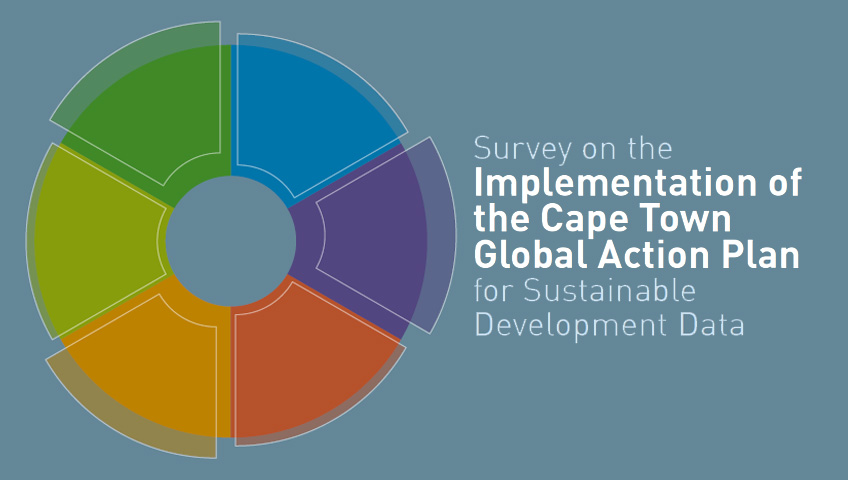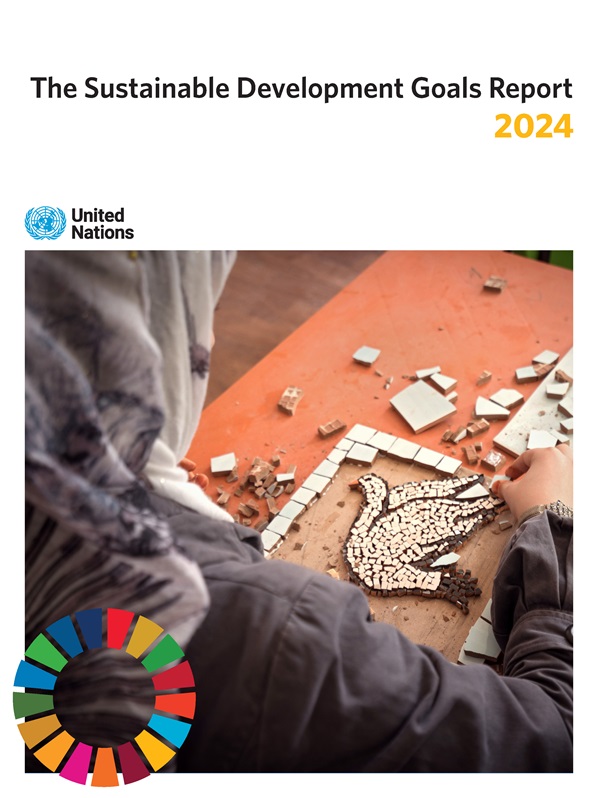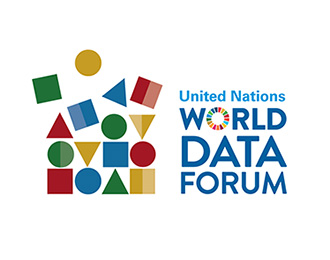Events
Harnessing data by citizens for public policy and SDG monitoring: a conceptual framework
The UN Statistics Division is organizing an expert group meeting on ways to harnessing data generated by citizens to make an impact on public policy including the SDG monitoring. More specifically, the meeting will:
- discuss different ways and types that citizens can be engaged in producing data and making an impact on policies
- discuss the possibility of a conceptual framework on ways of citizens being engaged in data production and use and in filling SDG data gap, including discussions on various concepts and definitions and key attributes in engaging citizens in the entire data value chain.
- Reviews challenges of integrating these data into official statistics and policy processes and discusses how the international community could support the engagement with citizens in various ways through sharing of and documenting experiences and providing guidance.
Resources for participants
-
Concept note (PDF)Information note for participants (PDF)Work programme (PDF)Background paper: Towards a framework to harness data by citizens, for citizens, and about citizens (PDF)List of participants (PDF)
Presentations
-
Challenges in fulfilling data demand with official statistics,
Yongyi Min, UNSD (PDF)Leaving no one behind: what does it mean to make data more inclusive?
Charlotte Deeley, UK Office for National Statistics (PDF)Engaging citizens for data-driven policymaking.
Papa Seck, UN Women (PDF)Papa Seck, UN Women, Talking points. (PDF)Data stewardship and promotion of equity and inclusion,
Francesca Perucci, UNSD (PDF) -
An overview of citizens' contribution to data and policy: why, what and how?
Haoyi Chen, UNSD (PDF)Crowdsourcing and community spotlights in Canada.
Cara Williams, Statistics Canada (PDF)Wada Na Todo Abhiyan, LNOB Partnership - India.
Annie Namala, Centre for Social Equity and Inclusion, India (PDF)An interview with Housing Data Coalition, New York City.
Rob Robinson, Katharine Voorhees, Lucy Blocks and Noelle Francois (PDF) , (VIDEO)Engagement in the development of SDG Indicators,
Nazaria Baharudin, Department of Statistics, Malaysia (PDF) -
Study on timeliness of disaster-related data.
Barbara Pernici, Politecnico di Milano (PDF)Stakeholder engagement for SDGs: mapping initiatives in Brazil to identify possibilities of collaboration.
Denise Maria Penna Kronemberger, IBGE, Brazil (PDF)Marine Litter: SDG 14.1.1b,
Omar Seidu, Ghana Statistical Service (PDF)Amplifying voices of marginalized groups in SDG implementation,
George Oweru Awala, Voluntary Service Overseas, Kenya (PDF) -
Developing citizen generated data toolkit in Nepal.
Shantosh Thapa, Voluntary Service Overseas, Nepal (PDF)CDD - capacity building: some thoughts.
Annie Namala, Centre for Social Equity and Inclusion, India (PDF)Building capacities: persons with disabilities and their representative organizations.
José Viera, International Disability Alliance (PDF) -
Strengthening citizen generated data: as part of national quality assurance framework and lessons learnt.
Sarah Bonareri Omache, Kenya National Bureau of Statistics (PDF)Assessment of non-official statistical sources for SDG reporting.
Charlotte Deeley, UK ONS (PDF)Quality assurance that is fit for purpose in CGD.
Saionara Santana Reis, Danish Institute for Human Rights (PDF)Data integration as a tool for benchmarking.
Monica Pratesi, Italian National Institute of Statistics (PDF)
Session 1 - Why engaging citizens in the data value chain?
Session 2a - Engaging with citizens: lessons learnt and challenges
Session 2b - Engaging with citizens: lessons learnt and challenges (continued from session 2a)
Session 4 - Building capacities: what do we need?
Session 5 - Overcoming the data quality challenge
QUICK LINKS
- 2030 Agenda for Sustainable Development
- SDGs Database
- 2025 Comprehensive Review Process
- Survey on the Implementation of the Cape Town Global Action Plan for Sustainable Development
Data

- SG's progress report 2024
- Statistical Annex 2024
- SDGs report 2024

- Gender Snapshot 2024
- UN Data Commons for the SDGs
-

- Medellin Framework for action on data for sustainable development
- Hangzhou Declaration
- Bern Data Compact
- Cape Town Global Action Plan for Sustainable Development Data
- Dubai Declaration
- Global data community's response to Covid-19
- Statistical Commission
UN ESCAP